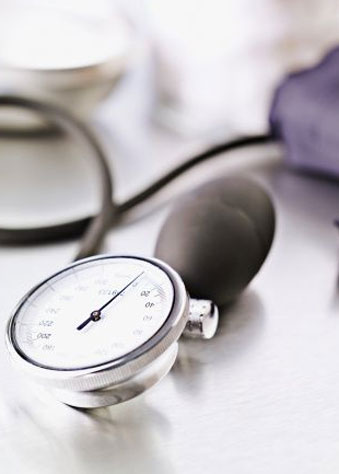Physician Heal Thyself - How Doctors Stay Healthy

8 Essentials: How We Doctors Take Care of Ourselves
The personal insight about how to stay healthy and vigorous that I glean from my day-to-day work as a cardiologist is one of the many things I love about being a doctor. Usually there is a close parallel between what doctors do, and the advice they give their patients. If we expect our patients to follow our advice, we need to walk the walk, not just talk the talk.
1. NO SMOKING ALLOWED! Avoid second-hand smoke as well. Chantix is a highly effective prescription drug to help you quit if you are addicted to tobacco.
2. If you drink, choose a dry red wine, and keep it to not more than one drink a day for women and up to two drinks daily for men.
3. Exercise regularly. A study of Canadian doctors found that on average, they exercised about five hours per week. Embed exercise firmly into your daily routine (30 to 60 minutes per day) so it becomes an automatic, non-negotiable part of your life—like brushing and flossing your teeth daily.
4. Go nuts. Go fish. Go green. When it comes to nutrition, most doctors are self taught—we receive little to no formal training on nutrition throughout our decades of schooling. Yet, we have learned that if we want to avoid the “tight white coat syndrome,” we have to pay attention to eating a healthy diet. Each day try to consume four to five cups of vegetables or fruits and one handful of nuts, and eat fish at least twice per week.
5. Vitamins. The only two supplements most of us need are omega-3 (purified marine oil) and a multivitamin with 2,000 IU of vitamin D3. And if you can’t or won’t consume three servings of non-fat dairy per twice per day, you should take about 1,000 mg. of calcium from a highly absorbable calcium source daily.
6. Get your blood pressure, cholesterol and blood sugar checked regularly. Pay attention to your weight and waist size.
7. Get your vaccinations on schedule, and do the recommended screenings such as mammograms, colonoscopies, and Pap smears.
8. Most female physicians (64 percent) who are past menopause take hormone replacement (estrogen) therapy, yet they generally do not recommend it for their patients. Maybe this is because they feel comfortable that the benefits of estrogen outweigh the risks for themselves, even though most guidelines caution against it for the average postmenopausal woman. Low-dose estrogen patches appear to be the safest and most effective way to go if you are considering postmenopausal hormone therapy.




